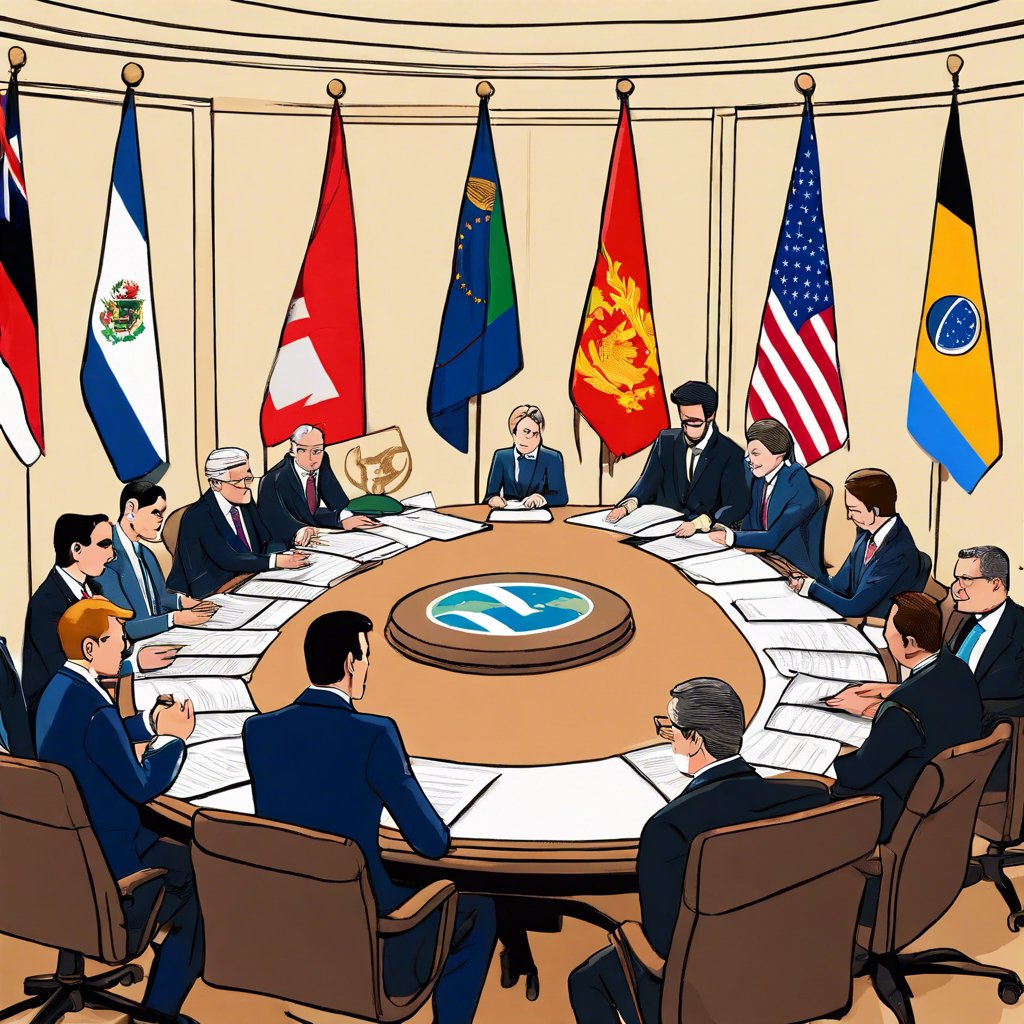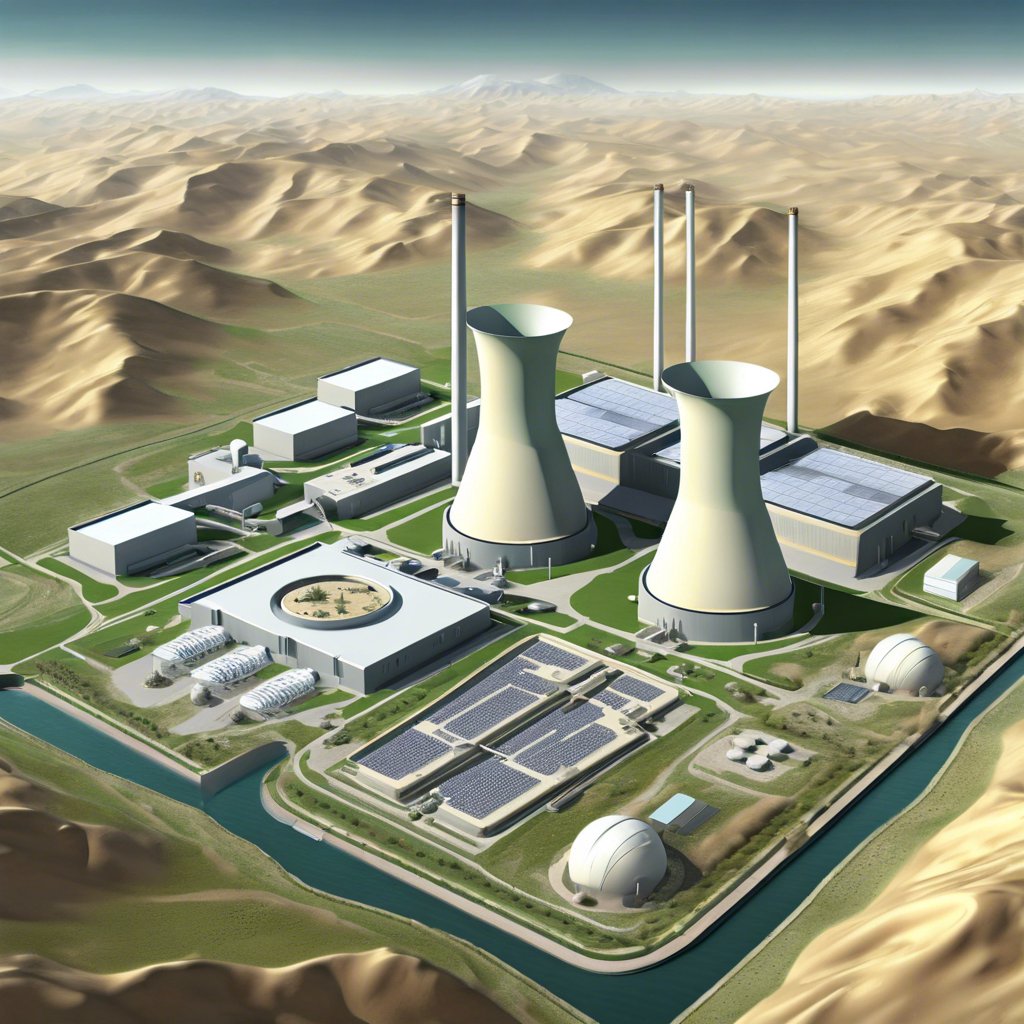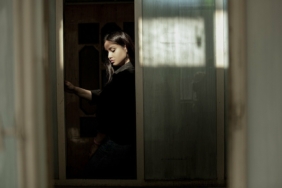History of the Joint Comprehensive Plan of Action (JCPOA) and the Nuclear Agreement
The Joint Comprehensive Plan of Action (JCPOA) was signed on July 14, 2015 between Iran and the permanent members of the United Nations Security Council (UNSC), namely the USA, Russia, China, the UK, France and Germany (5+1). ). This nuclear agreement includes regulating and controlling Tehran’s nuclear activities in return for the removal of international sanctions. The agreement entered into force with the approval of the UN Security Council in January 2016, and Iran was partially freed from international sanctions.
During Donald Trump’s presidency, on May 8, 2018, the United States unilaterally withdrew from the agreement and reimposed sanctions on Iran. Following this development, the Tehran administration gradually turned to increasing its enriched uranium stocks and enriching uranium at high levels. After Trump left the White House, nuclear negotiations with Iran resumed in April 2021. However, no agreement was reached between Tehran and Washington on which side would take the first step, and negotiations came to a complete halt following the September 2022 Mahsa Emini protests in Iranian.
In this process, the tensions with Israel reached their peak and the officials of Israel, the only nuclear-weapon country in the region, threatened the region with nuclear weapons, which led to the development of discourses in Iran that Tehran would produce nuclear weapons to counter this threat. While officials such as the new President Massoud Pezeshkian and Foreign Minister Abbas Erakchi in Iran have expressed their willingness to re-negotiate nuclear negotiations with the USA, experts state that it is difficult to overcome the “wall of mistrust” between Tehran and Washington.
Possible Developments in Nuclear Negotiations
International Relations Expert Hasan Beheştipur states that the inclusion of names such as former Foreign Minister Mohammad Javad Zarif, one of the architects of the nuclear agreement, and current Foreign Minister Abbas Erakçi in the cabinet in Iran’s new era may contribute to the opening of “blind” spots” in possible negotiations. However, Beheştipur emphasizes that Iran’s macro policies on the nuclear issue will remain constant. He states that a possible nuclear agreement could lead to the re-establishment of the balance of power in the region. Beheştipur also states that the nuclear agreement signed in 2015 has reached an irreversible point, because while Iran demands the complete removal of sanctions in all areas, the other side continues to maintain sanctions in order to change Iran’s attitude.
Overcoming the Walls of Distrust
Beheştipur emphasizes that the most important problem between Iran and the USA is the mutual “walls of distrust” and states that a comprehensive plan should be prepared with mutual steps in order to eliminate this distrust. In this context, he states that the American side should take an important step to lift the embargo on Iran’s oil exports, and the Iranian side should take a decision to stop high-level uranium enrichment.
The statements of senior figures such as Kamal Harrazi, Chairman of the Foreign Relations Strategic Council affiliated with Iranian leader Khamenei, and Foreign Minister Abbas Erakchi, that Tehran may change its nuclear doctrine against the nuclear threat posed by Israel, constitute an important warning. Beheshtipur notes that some Iranian experts believe that the nuclear bomb could be a deterrent for Iran against Israel’s nuclear power and that Iran should turn to nuclear weapons production when its existence is threatened, but senior officials believe there are other ways to deal with current threats.
Expert Opinions
Fuad Izedi, a lecturer at the Department of World Studies at Tehran University, states that the nuclear issue stems from the US’s unilateral withdrawal from the nuclear agreement signed in 2015, and that Zarif’s team’s return to the Ministry of Foreign Affairs will have a positive impact on the negotiation process. Izedi states that if this attitude of the US administration does not change, the problems between Iran and the USA will not be resolved. He also emphasizes that Harrazi’s statements regarding the nuclear doctrine change should be taken seriously and believes that the balance of power in the region must change.
Tehran Islamic Azad University Faculty Member Hamid Ruşençeşm states that Iran started to follow a positive balance policy with the East and West with the appointment of names such as Erakçi and Majid Taht Revançi in the Ministry of Foreign Affairs. However, Rusenchesm states that the problems between Iran and the USA are complex and will take time, and that it is difficult to overcome the high walls of mistrust between the two countries. He states that Iran’s rhetoric that its nuclear strategy may change depends on the evaluation of national interests and security threats.















